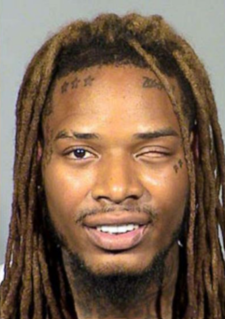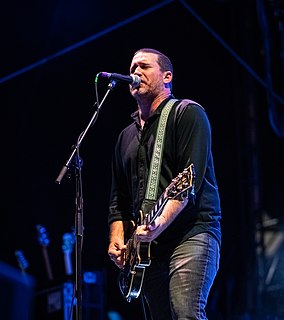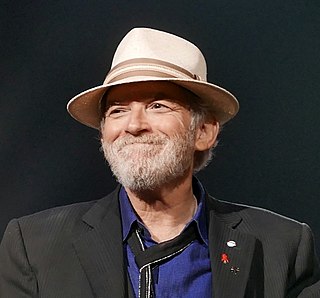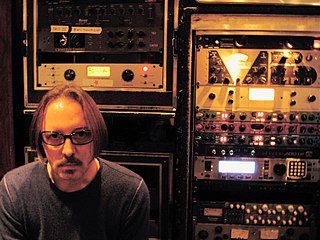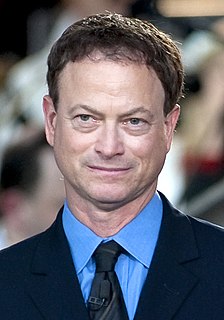A Quote by James Arthur
I think Sam Smith's dad got a huge loan or something to help his career. Those things can help artists get attention, but I guess my song 'Say You Won't Let Go' proved it's about the song.
Related Quotes
I think a very clear cut example of - dare I say - plagiarism is the Sam Smith-Tom Petty situation, where you have a song that is flagrantly... it is the hook from one song being used for another song. To me, that was a very obvious example of plagiarism. If somebody had done that to me, I would probably take a similar course of action.
I think maybe the vehicle for me was 'Sam Cooke's Greatest Hits.' It has a song called, 'Touch the Hem of His Garment.' Do you know that song? I kind of got obsessed with that song and started exploring and getting more of his old recordings with the Soul Stirrers and really getting into that super, super deeply.
If something gets under my own skin, and keeps reoccurring, it starts to take on a certain weight and value, and I think, "I have to put this in the song. I have no choice but to mention Greek Cypriots in this song." It's a little internal challenge to myself. Like creating little imaginary rituals in yourself to help the song go from nonexisting to existing.
I can write a song and a thousand people could hear it and there will be countless different reasons why those people get something out of that song. But they're all there for the same reason, which is to enjoy music and to let it help dissolve those problems or those rough days or to give a reason to keep putting the boots on. So to see ideas come to fruition and for someone to get something out of it is a beautiful thing.
The interesting thing about a song like 'Bulletproof Heart' - it was [originally] called 'Trans Am' - the interesting thing about the amalgamation of that song was that the song also lived within us, like we all got to live with the song and it was around for about a year before we recorded it again, so the song got to really transform, which you don't really get to do.




